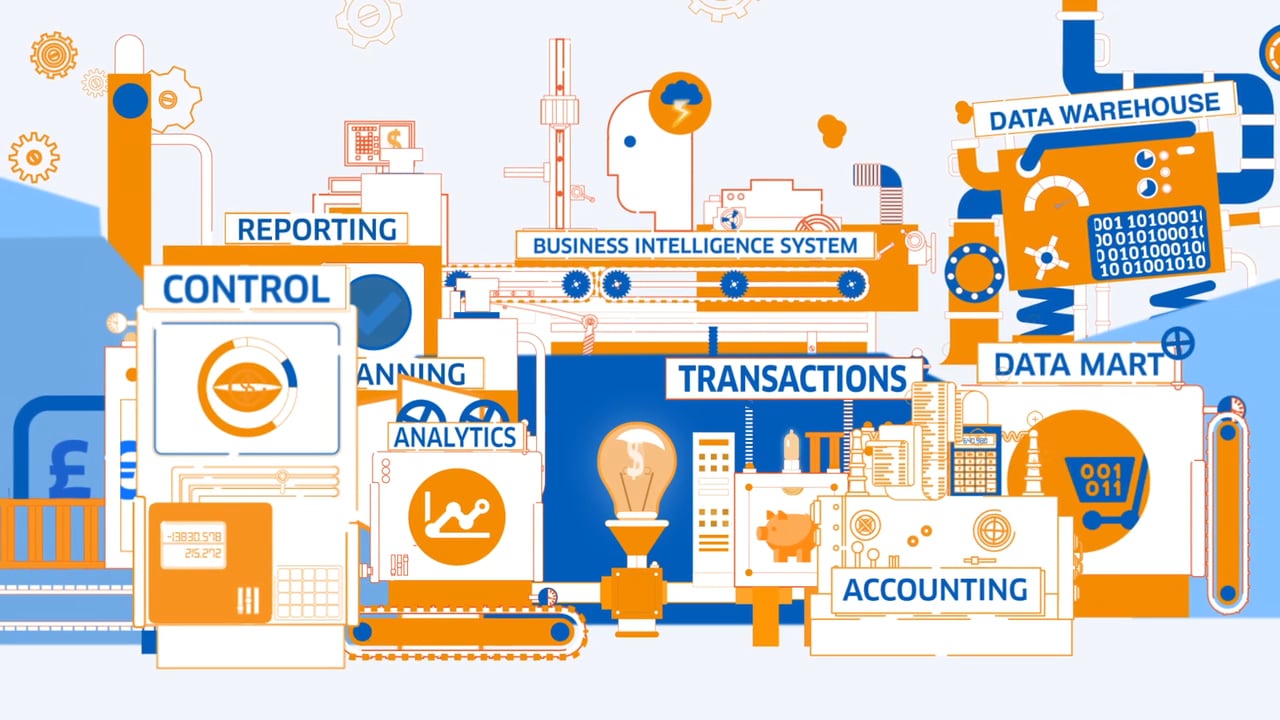Terrific AI solutions Resulting in Business Growth
Artificial Intelligence (AI) is the buzzword in the world of business in recent times. AI systems comprehend through different technologies such as...


Whenever you use your Google assistant about the nearest restaurants, a complicated sequence of high-end code is activated. This sequence allows your assistant to understand your question and give you the desired response to your question. Previously, we used to interact with computers in a way that is understandable for them, we had learned their language. But now they are understanding our language?
All this is made possible by the use of a technology called Natural Language Processing (NLP). And this is already transforming the world of business at a phenomenal pace.
NLP is one of the most amazing aspects of artificial intelligence. It is a field of science that enables interaction between computing service by using human language and various other human interfaces. It uses mathematical and computational methods to examine the human understandable language to make the process of computer interaction smooth and efficient. NLP uses machine learning to make the human-computer interactions easy.
The earliest attempts to study the human language was carried on about 50 years ago and this was done through computational methods. Since then, various factors have led to the growth and popularity of this technology. the development and increase in the computational power of computers allow us to handle the massive amount of data which helps in the development of extremely complex mathematical models which includes deep learning of neural networks.
Our generation is observing an exceptional growth of multi-channel data like mobile or social data, and this has put up a need for solid technologies to evaluate and access the sentiments of the customer.
The current technique used to analyze customer actions feels outdated in this highly competitive world business. There is a need to understand the preferences and moods of the customer. As technology will continue to grow, the application of NLP will become more user-oriented and it will work as a roadmap to the future of business. Business today should be as flexible and adaptive as possible with an ability to quickly change as a response to change in the market environment.
There is a parallel connection between NLP and business intelligence. With the use of NLP, the BI based data can be made more accessible. Natural language interface can change our interactions with complex systems with the database and large datasets. For the big businesses, it seems to them as a way to connect non-technical with data they need to support crucial choices. The application of NLP in business intelligence tools can make it easy for non-techie people to start analyzing data by themselves instead of waiting for IT specialists to run complex reports. We can say that it is the democratization of information access, as it allows every person involved in the business to access the information in order to make informed decisions.
The current strategy of an NLP is more about translating natural speech into the machine or computer understandable language. However, there are high chances of this focus to shift on making the computer understand the query and convey significant responses than just raw search results. Soon, time will come that we will be getting the response in natural languages.
NLP can improve business intelligence in plenty of ways, especially when it comes to text analysis. It is no surprise that a great deal of business-related information origins is in unstructured form. NLP helps in revealing patterns in scattered data which makes it more suitable for further analysis.
The NLP can be used in BI by helping in the analysis of customer sentiments, using natural language processing techniques to abstract particular info from a piece of text, this is also known as opinion mining. This technique is already in use by the big brands to reflect the sentiments of their customer, and determine if the social media buzz around them is positive or not.
NPL also helps in summarizing, a summarizer will help by making shorter versions of the source text without changing the purpose and content of the original. This is used by media organizations to categorize, tag and summarize content and increase the ability to understand at the same time.
Business intelligence will go a long way with NLP. The increasing data access and improved quality of data will allow business to save the budget and time to make the ground ready for decision making. It will take seconds to prepare for business meetings and acquisitions will be achieved in immediately. You can find candidates in no time.
Helical insights help business users who have no technical knowledge to get immediate business answers just by typing in their questions. Imagine, you are able to get answers to important questions anywhere, anytime by simply asking a question. If we turn BI into a conversation with a Chatbot people can easily access information just by asking – “what is the change in revenue in last quarters?”. Earlier you need to have years of experience and familiarity with the software to understand and ask the questions and get the needed data, but this has changed now with the integration of NPL.
As it does not need GUI, you can easily access it on the go. You can make queries via texts or voice commands on your phone and the processing is done in the cloud. Now, you can easily use Google to tell you about tomorrow's weather but soon, time will come when you will be able to ask personal data Chatbots about the sentiments of customer and how are they feeling about your brand, all this can be done while walking down the street.
With the advancing technology, computers will also get better in understanding the query and start to respond in answers instead of showing the search results. Also, one step further in being able to ask questions in natural languages, you will soon be able to get responses and replies in the same manner. Once the Chatbot has learned the semantic relations and inference of questions, it can automatically perform the filtration and organization necessary to serve a relatable and significant answer, rather than simply showing you the data.
It's still in its early stages. Just think of today’s sentiment analysis as the sort of precision you get while using Google translator to decode French news article which is a process which relies heavily on the aspects of NLP itself. The NLP can currently only detect sentiments of joy, fear, disgust, anger, and sadness. However, humans have many more feelings than that.
Integrating your business intelligence software with every aspect of your business will offer you data driven analytics at every time of the day. Instead of asking yourself “who is the best sales performer this year” and surfing through data in order to find the answer, you will be able to simply ask a Chatbot the same question, and get the answer as easily as if you were asking your friend on WhatsApp. The data is always available to you on tap, in any context, on any device.
This accessibility is precisely what makes NLP so valuable. An individual no longer needs to have knowledge of the right language to communicate with analytics software. It gives the end-users even more access to information and can offer insights on data analysis.
Need help with an NLP solution? Get in touch

Artificial Intelligence (AI) is the buzzword in the world of business in recent times. AI systems comprehend through different technologies such as...

What Is Business Intelligence (BI)?

Big data is data sets that are too large or complicated for traditional data processing software to deal with. Amongst other things, big data can be...